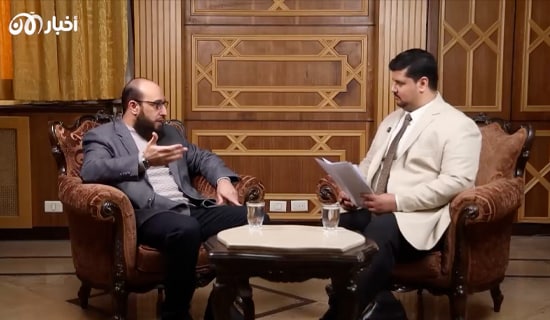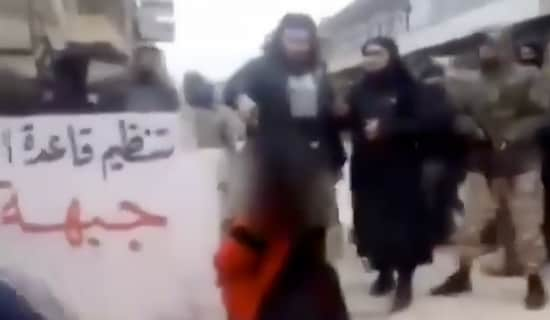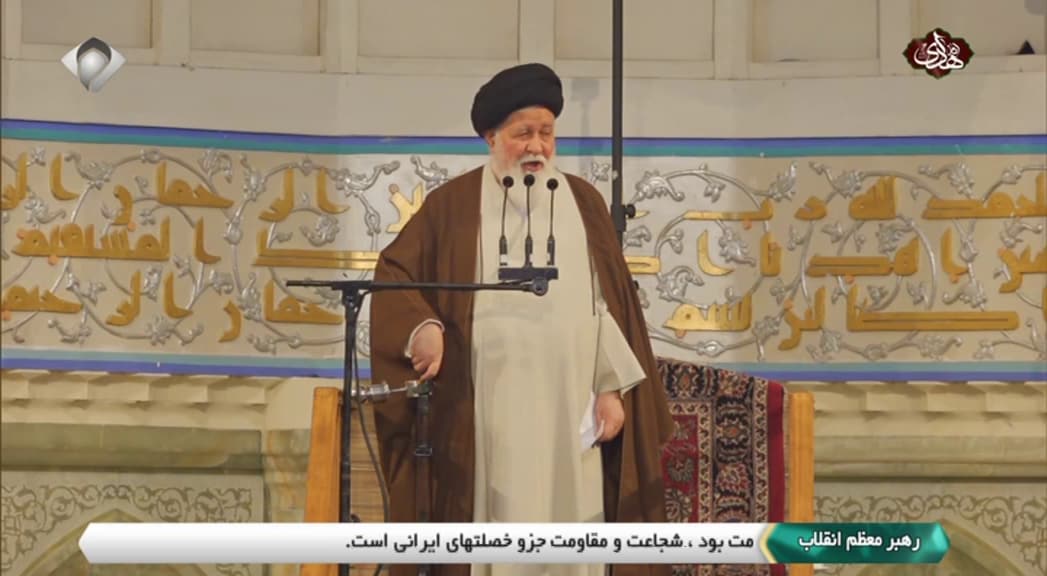
Following are excerpts from a program featuring then Egyptian presidential candidate Mohamed Morsi, which aired on Al-Nahar TV and was posted on the Internet on May 19, 2012.
Audience member: What is your position regarding religious conversion – from Christianity to Islam or vice versa? This is the first part of my question.
Secondly, what is your view on freedom of worship? We know that Article 47 of the 1971 constitution provided for absolute freedom of belief and freedom of worship. Are you in favor of allowing complete freedom of worship?
Thirdly, with regard to the right to build places of worship – you've said in the past that it would be done in accordance with the law. Obviously, everything must be done in accordance with the law. If you were presented with a legislative bill that denies Christians the same right as Muslims to build places of worship, would you approve it, or would you send it back to parliament?
Moderator: Thank you very much. Be brief, as we are running out of time.
Mohamed Morsi: With regard to the first question, about religious conversion, the well-founded principle in Islamic law is that there is no coercion in religion. This means that one must not be forced to believe in a particular religion. It is between me and my Lord. It is between the Egyptian citizen and his Lord. If he wants to change his belief, he is completely free to do so.
There is a common misconception with regard to apostates and their punishment by death. This needs to be clarified. As long as the apostate keeps it to himself, rather than proclaiming it in public, thus becoming a danger to society, he should not be punished in accordance with the Islamic punishment for apostasy.
However, someone who proclaims his apostasy in public, and calls for others to follow suit, is a danger to society, according to its norms, beliefs, laws, and constitution. If somebody acts in a corrupt and erroneous way in his own home, nobody has the religious or legal right to knock on his door, and ask what he is doing. But once his home turns into a den of iniquity, which threatens society, the law and the shari'a intervene. That's with regard to freedom of belief.
With regard to the building of places of worship, your know that our brothers the Copts have the complete right to worship in their own way, according to their creed, and to build their places of worship in accordance with the law. The president no longer has the right to intervene with regard to the construction of some church. You surely know the Church opposed the unified law on places of worship.
[...]













